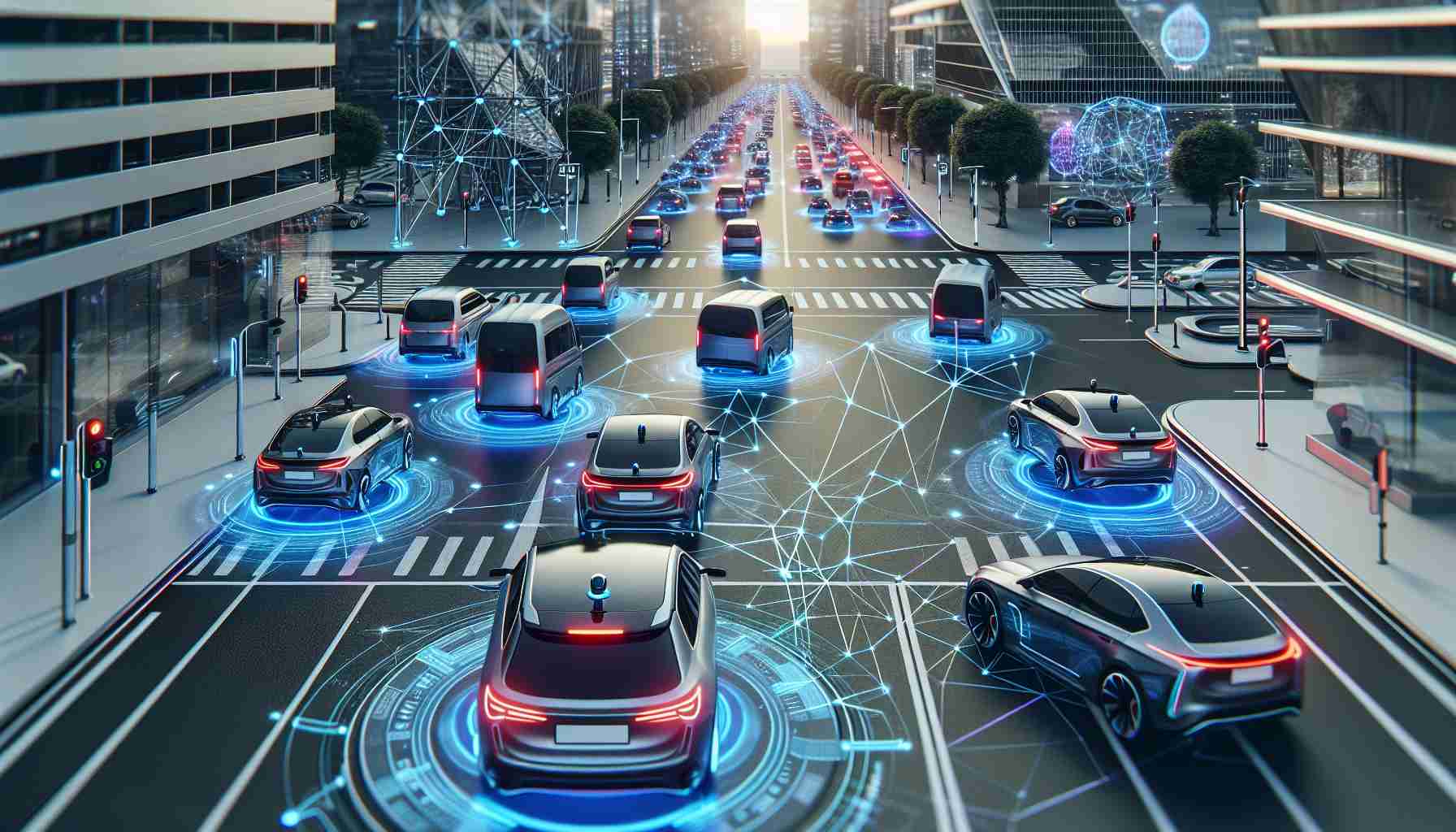In an exciting development in the realm of autonomous vehicles, a new era is dawning with the rise of robotaxis in various cities worldwide. Companies like Waymo, Cruise, and Zoox are at the forefront, revolutionizing transportation with their fleets of self-driving vehicles.
Unlike traditional taxi services, these robotaxis boast cutting-edge technology that promises a glimpse into the future of transportation. With the potential to offer individualized mass transport at affordable rates, these vehicles are set to transform the way we travel.
Waymo, a division of Alphabet, has made significant strides in the United States, operating a fleet of 700 autonomous taxis across major cities like Los Angeles, San Francisco, and Phoenix. Competitors like Cruise, backed by General Motors, are also making waves in the industry.
China has emerged as a hotbed for autonomous technology, with companies like Baidu’s Apollo Go deploying robotaxis in cities like Wuhan. The rapid expansion of these services signals a shift towards a future where self-driving vehicles become the norm.
While the potential of robotaxis is immense, challenges lie ahead in terms of regulatory approval and infrastructure development. Companies like Tesla, under the vision of Elon Musk, are striving to overcome these obstacles and bring autonomous transportation to the masses.
As we navigate towards a future dominated by autonomous vehicles, the road ahead is paved with innovation and opportunity. The evolution of robotaxis represents a significant step towards a more efficient and sustainable transportation system for all.
The Next Frontier of Autonomous Vehicles: Exploring New Horizons
In the ever-evolving landscape of autonomous vehicles, there are compelling developments beyond the realm of robotaxis that are shaping the future of transportation. While robotaxis focus on urban mobility, other sectors are also witnessing the integration of autonomous technology in innovative ways, such as long-haul trucking and delivery services.
What are the key considerations in the adoption of autonomous vehicles beyond urban settings?
One important question that arises is how autonomous vehicles will operate in rural and suburban environments where infrastructure and road conditions may differ significantly from city streets. Companies like TuSimple and Embark are pioneering autonomous trucking technology to address these challenges. They are exploring solutions that cater to long-distance transportation while ensuring safety and efficiency.
Another critical aspect to consider is the role of autonomous vehicles in public transportation systems. How will autonomous buses impact urban mobility and address issues of congestion and carbon emissions? Initiatives such as autonomous shuttle services in university campuses and business districts offer a glimpse into the potential benefits of integrating self-driving vehicles into public transit networks.
What are the key advantages and disadvantages of autonomous vehicles in various sectors?
Advantages of autonomous vehicles extend beyond convenience and safety. In the logistics industry, autonomous trucks have the potential to optimize delivery routes, reduce fuel consumption, and enhance supply chain efficiency. This can result in cost savings for businesses and faster delivery times for consumers.
However, challenges persist in the adoption of autonomous vehicles across different sectors. Issues related to cybersecurity, liability in accidents, and public acceptance remain key hurdles to overcome. Ensuring the ethical and safe deployment of autonomous technology is essential to garner trust from regulators and the general public.
Exploring the Potential of Autonomous Vehicles Beyond Urban Environments
As autonomous vehicles continue to transform the transportation landscape, it is crucial to consider their applications beyond urban areas. Addressing questions of safety, regulatory frameworks, and societal impact will be paramount in unlocking the full potential of autonomous technology in diverse settings.
For further insights into the future of autonomous vehicles across various sectors, visit Intelligent Transport. Stay informed about the latest advancements and challenges shaping the next frontier of autonomous vehicles.












